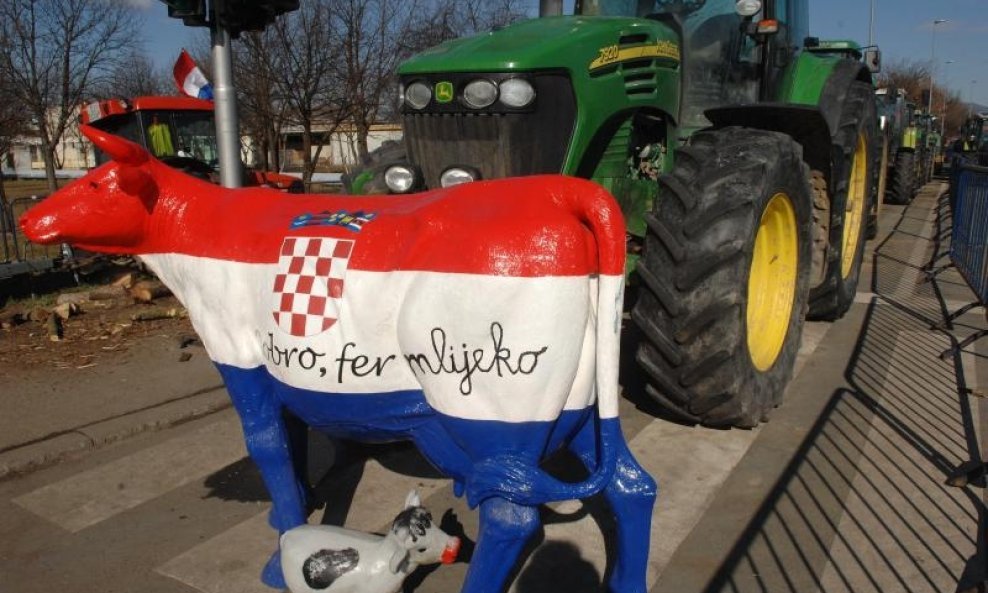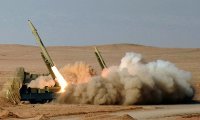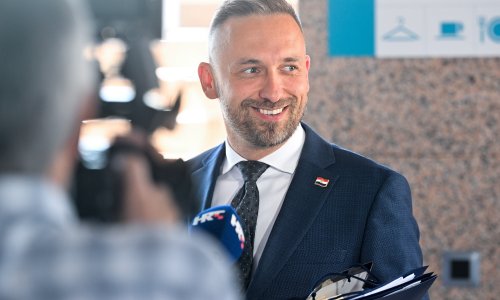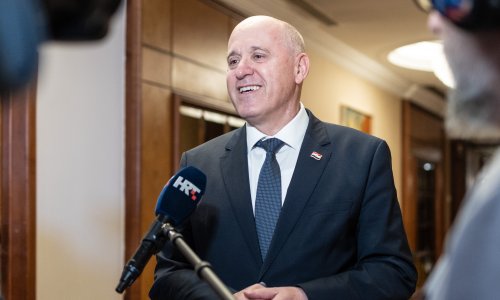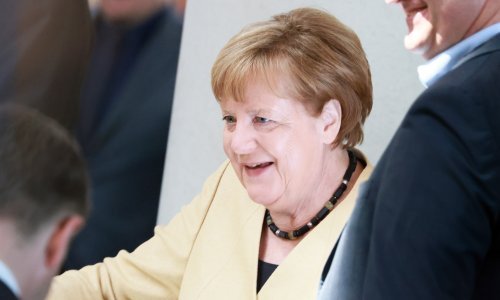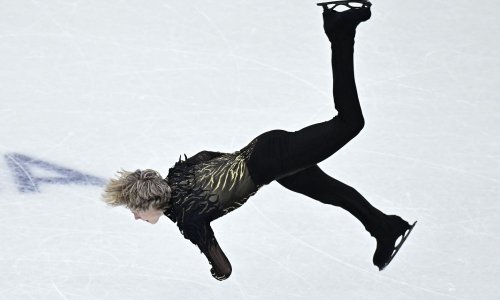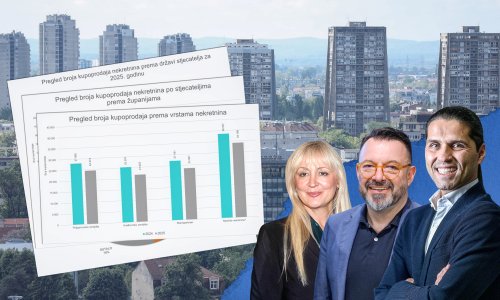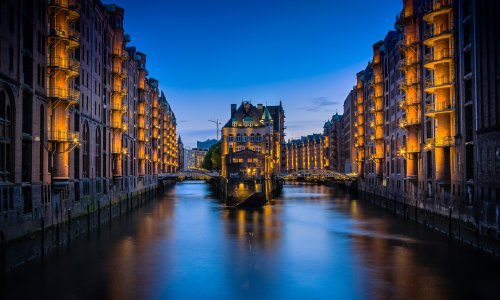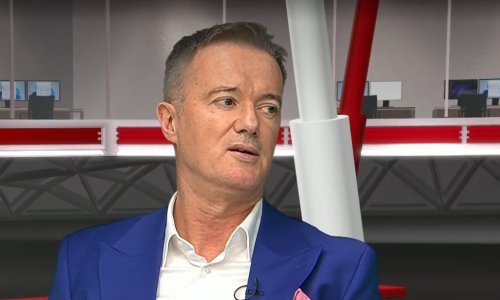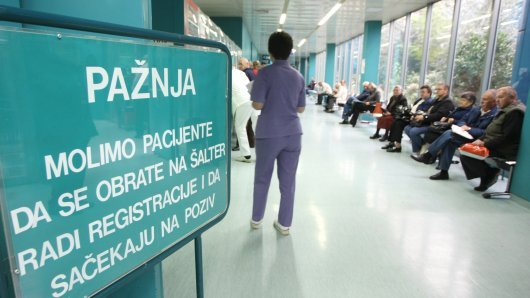Protesting milk farmers will remove their tractors from protest sites on Tuesday and Wednesday, representatives of the national federation of milk farmers' associations HSUPM told reporters on Tuesday afternoon.
HSUPM member Branko Zoric said that after failed negotiations on a new model for the calculation of the purchase price of milk and consultations with legal experts, they had established that the agreement determining the model for the calculation of the purchase price of milk, signed on February 23, could not apply to milk farmers and milk farmers' associations that had authorised the HSUPM to represent them in the current dispute, or to milk farmers who did not sign the disputed agreement.
Zoric said that for the milk farmers and milk farmers' associations that had authorised the HSUPM to represent them, as well as for all other parties that did not sign the February 23 agreement, the model of calculation of the purchase price of milk as defined by the 2009 memorandum would remain in force until further notice. Under that model, the purchase price of milk is determined in line with the average purchase price of milk in the EU.
Zoric said that Dukat and other dairy companies signatories to the 2009 memorandum could not unilaterally abandon the memorandum because by doing so they were violating the law on government incentives which treated milk production as a sensitive sector, and regulations on direct payments in agriculture.
HSUPM officials once again apologised to Croatian citizens for possible traffic problems caused by milk farmers' protests.
HSUPM negotiator Darko Pavicevic said that milk farmers' protests started 15 days ago, prompted by Dukat dairy company's decision in late January to pay its contractors a purchase price of HRK 2.30 per kilogram of milk, 0.40 kuna less than the previous price.
Pavicevic said he believed the HSUPM would manage to achieve a good solution through further activities.
Asked what they would do next, Pavicevic said that they would hire attorneys and start a legal battle the moment dairy companies tried to contest the 2009 memorandum and deliver new invoices.
HSUPM officials called on Prime Minister Zoran Milanovic to take a firm stand towards the corporate sector and secure the best possible purchase price of milk, adding he had the necessary mechanisms to do it.
They called on him to make dairy companies reduce their profit to ensure higher purchase prices of milk and to make the banking sector reduce interest on loans to farmers.
Earlier today, the trade association Croatiastocar called on milk farmers to accept the February 23 agreement signed by some milk farmers and dairy companies, and to continue improving production efficiency.
Croatiastocar, which represents eight dairy companies, including Meggle, Dukat, Vindija, Ledo and Zdenka, said it was against harmful proposals by the HSUPM leadership such as stoppage of milk delivery or blockades of dairy factories and roads.
It said that adjusting purchase prices of milk in Croatia to those in countries that export the most dairy products to Croatia was a market precondition and a precondition for the sustainability of milk production and marketing.
The latest agreement on the model of calculating the purchase price of milk adjusts milk purchase prices to those in Germany and France, whose share in the EU's total milk production is close to 40 percent, as well as to milk purchase prices in Slovenia, Hungary and Romania from where significant quantities of dairy products are imported.
According to the new model, the target basic price of milk for March is 2.43 kuna per kilogram, which Croatiastocar officials said was 0.06 kuna per kilogram less than in March 2011.
The existing model for the calculation of the purchase price of milk is a transitional solution to be applied from March to May for all sold milk, Croatiastocar said.
Also today, the Osijek-Baranja County Assembly called on the government and the Agriculture Ministry to define measures for sustainable and competitive milk production.
The Assembly supported milk farmers' demands that milk be purchased according to a sustainable model to be in force until Croatia's accession to the EU.



